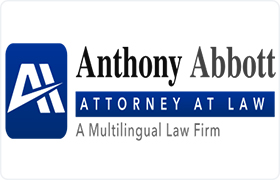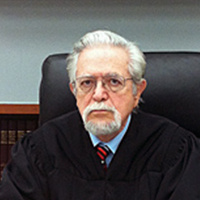Newbury Park Estate Planning Lawyer, California
Sponsored Law Firm
-
 x
x

Click For More Info:
-
Law Offices Of Anthony Abbott
375 S. Rancho Santa Fe Rd. 105 San Marcos, CA 92078» view mapEstate Law Over 50 Years Of Experience
The Law Offices of Anthony Abbott has been working for the people in the great state of California for over 50 years.
800-497-8821
Includes: Gift Taxation
Matthew Blaine Mack
Estate, Estate Planning, Trusts, Power of Attorney, Wills & Probate
Status: In Good Standing Licensed: 46 Years
Eniko Christina Csomor
International, Trusts, Gift Taxation, Estate
Status: In Good Standing Licensed: 28 Years
 Anthony Abbott San Marcos, CA
Anthony Abbott San Marcos, CA
